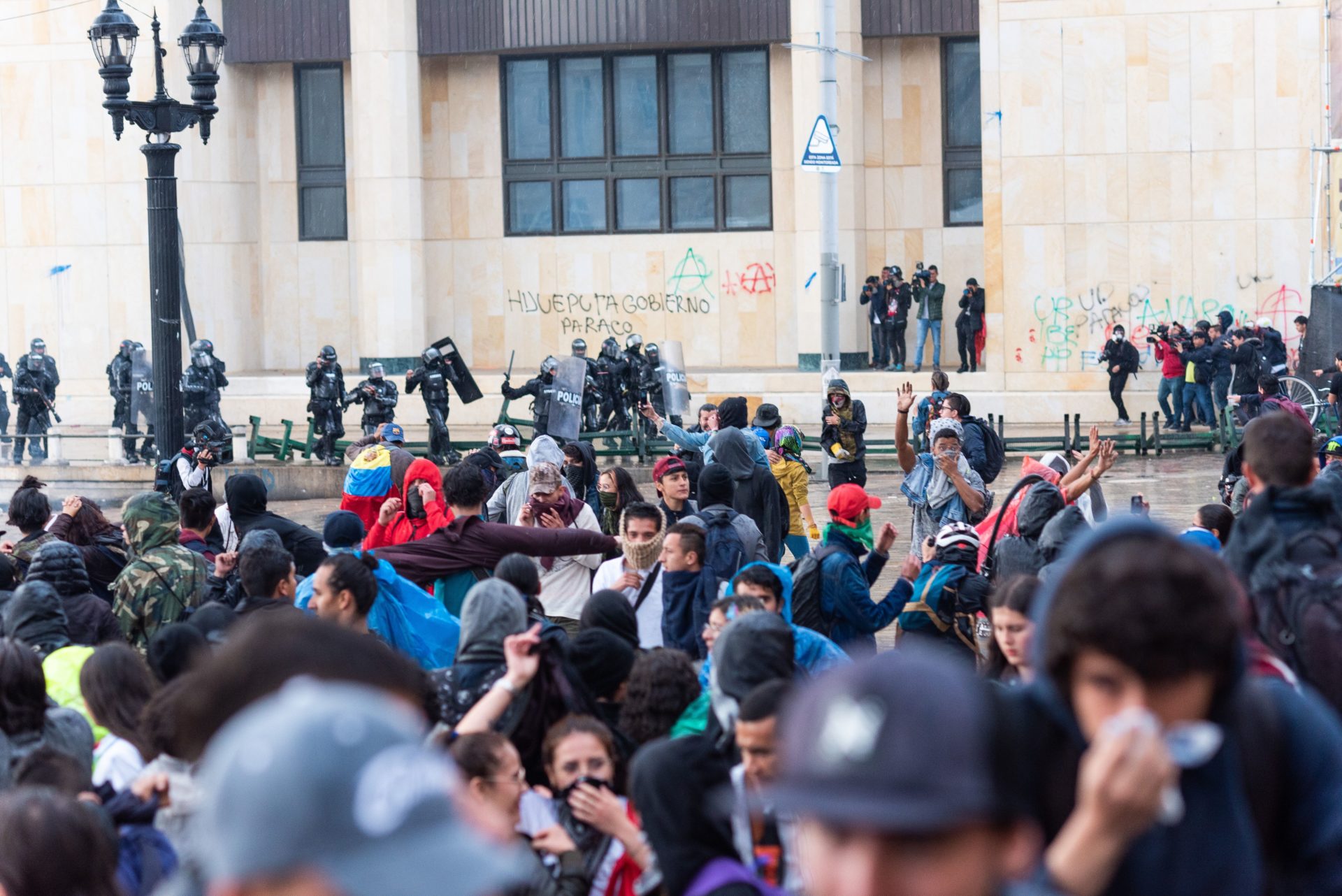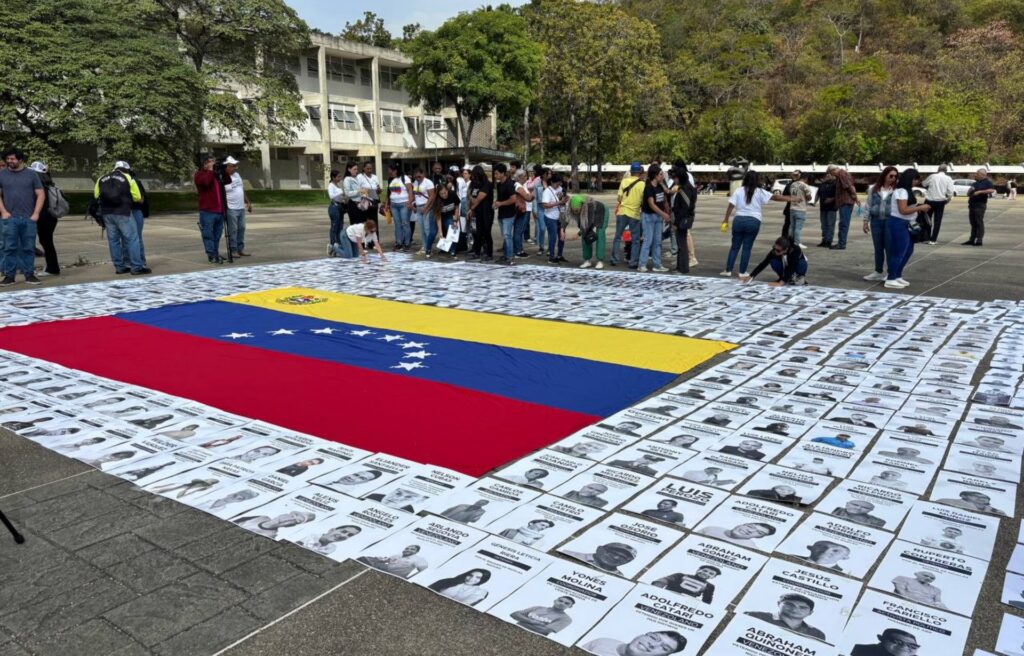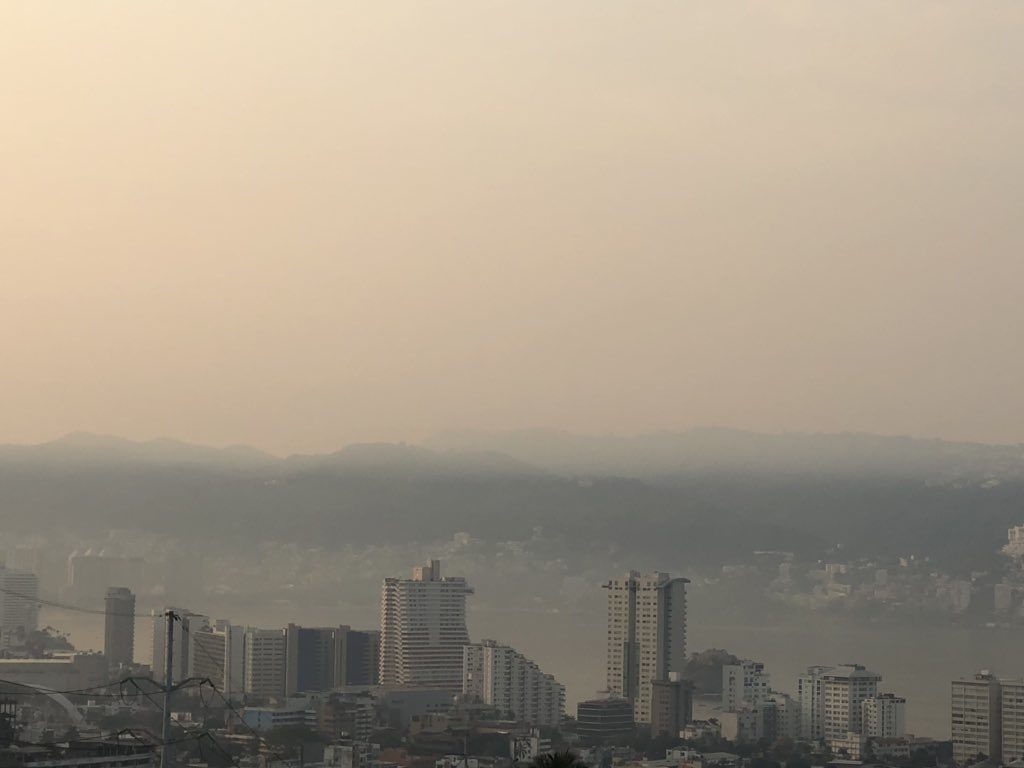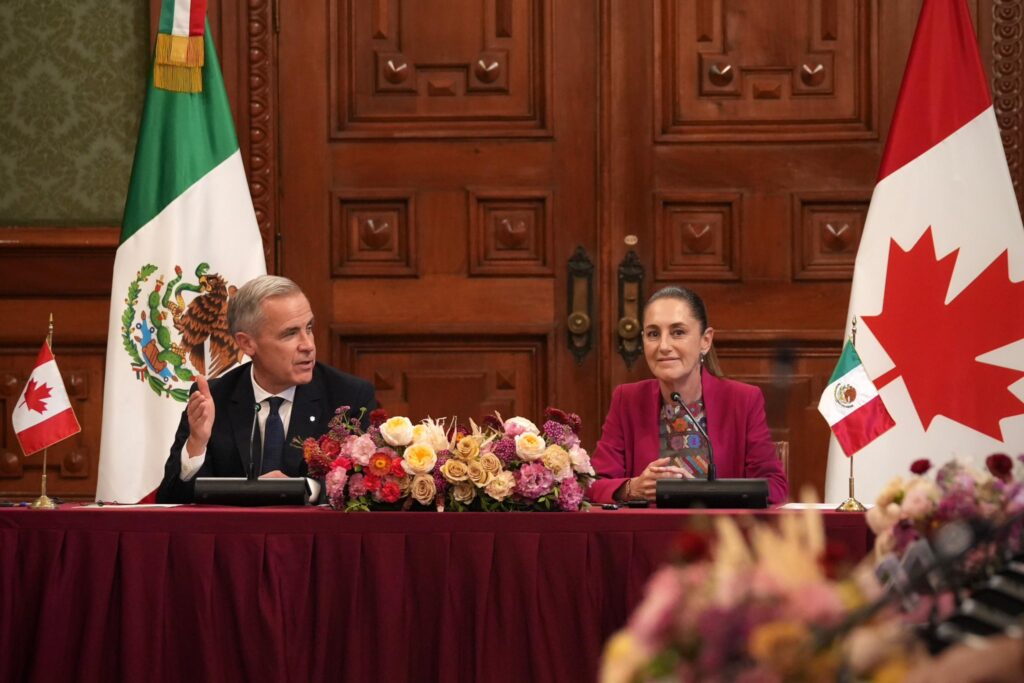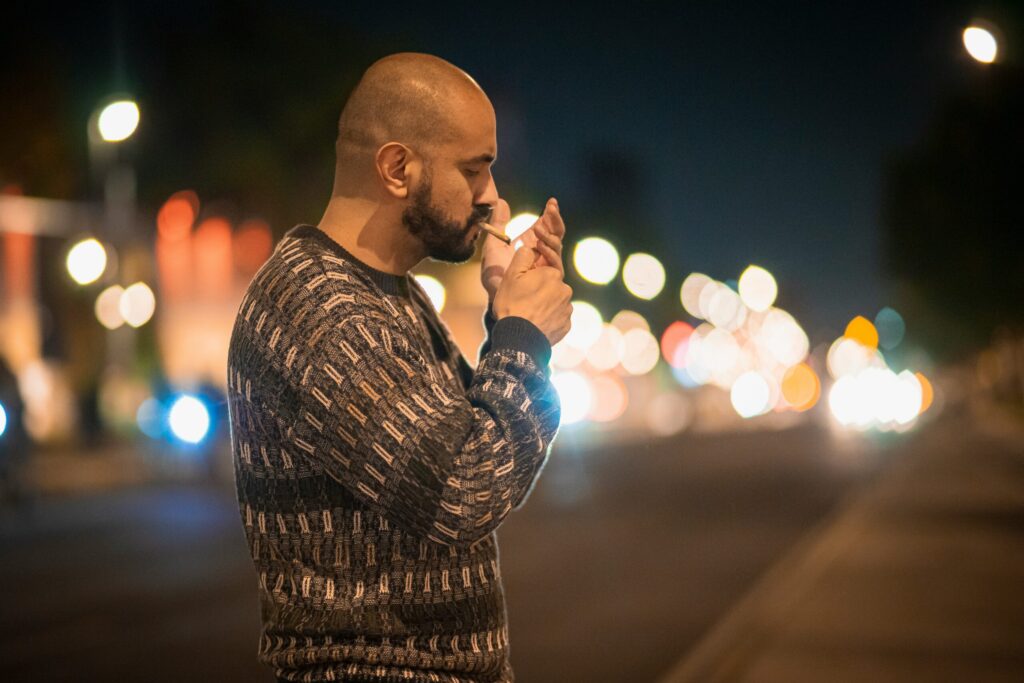This past week 10 people were killed by police in Colombia as demonstrators have taken to the streets to protest police violence following the killing of a 46-year-old father by police in Bogotá.
A video of the incident shared on social media shows Javier Ordonez pleading officers to stop tasering him. He would later die while in the hospital.
In a country that is less than a year removed from massive protests against police violence, the killing has sent protestors back out into the streets. In addition to those killed, nearly 250 people were injured during the demonstrations in Colombia’s capital.
Though the widespread protests of police brutality in the United States this year have caught the world’s attention, Latin America is no stranger to deadly and unjustified actions by its police forces.
In Rio de Janeiro police killed more than 600 people in the first four months of this year alone. Despite crime and violence dropping during COVID-19 lockdowns, police violence grew, according to Human Rights Watch. As in the United States, a disproportionate amount of those being killed by police are black men.
“While Covid-19 will affect favela residents for a long time, effective public health policies can help bring it under control. But as long as officers responsible for reckless shootings and cold-blooded executions are not held accountable, we’ll keep losing innocent young people in Rio de Janeiro, with no end in sight,” wrote Human Rights Watch researcher César Muñoz.
Last year, protests erupted in Chile concerning social inequality in the country, which were marred by more than 800 cases of police using excessive force. A local human rights institute in Chile reported at least six killings by police.
And in Mexico, a video went viral showing the violent police arrest of a 30-year-old man in Jalisco for not wearing a face mask. That man later died in police custody, marking a clear parallel to the recent incident in Colombia.
That incident, coupled with a string of abuses by police, led to massive protests in June in cities throughout the country.
“Mexico’s police forces are infamous for their corruption, their use of torture and violence, and their ties to organized crime,” said José Miguel Vivanco, the Americas regional director of Human Rights Watch in a release. “These protests, which echo the global wave of outrage sparked by the police killing of George Floyd in the US, also express the profound and longstanding mistrust and frustration that many Mexicans feel toward their abusive police forces.”
Protests in Bolivia and Ecuador last year, on top of the aforementioned ones in Chile and Colombia, led to at least 50 deaths due to conflict between government security forces and protestors.
Colombia’s current protests show a continued, unsettling trend of police violence that keeps galvanizing young people to take to the streets. And with high rates of police impunity across the region, no justice is in sight.


